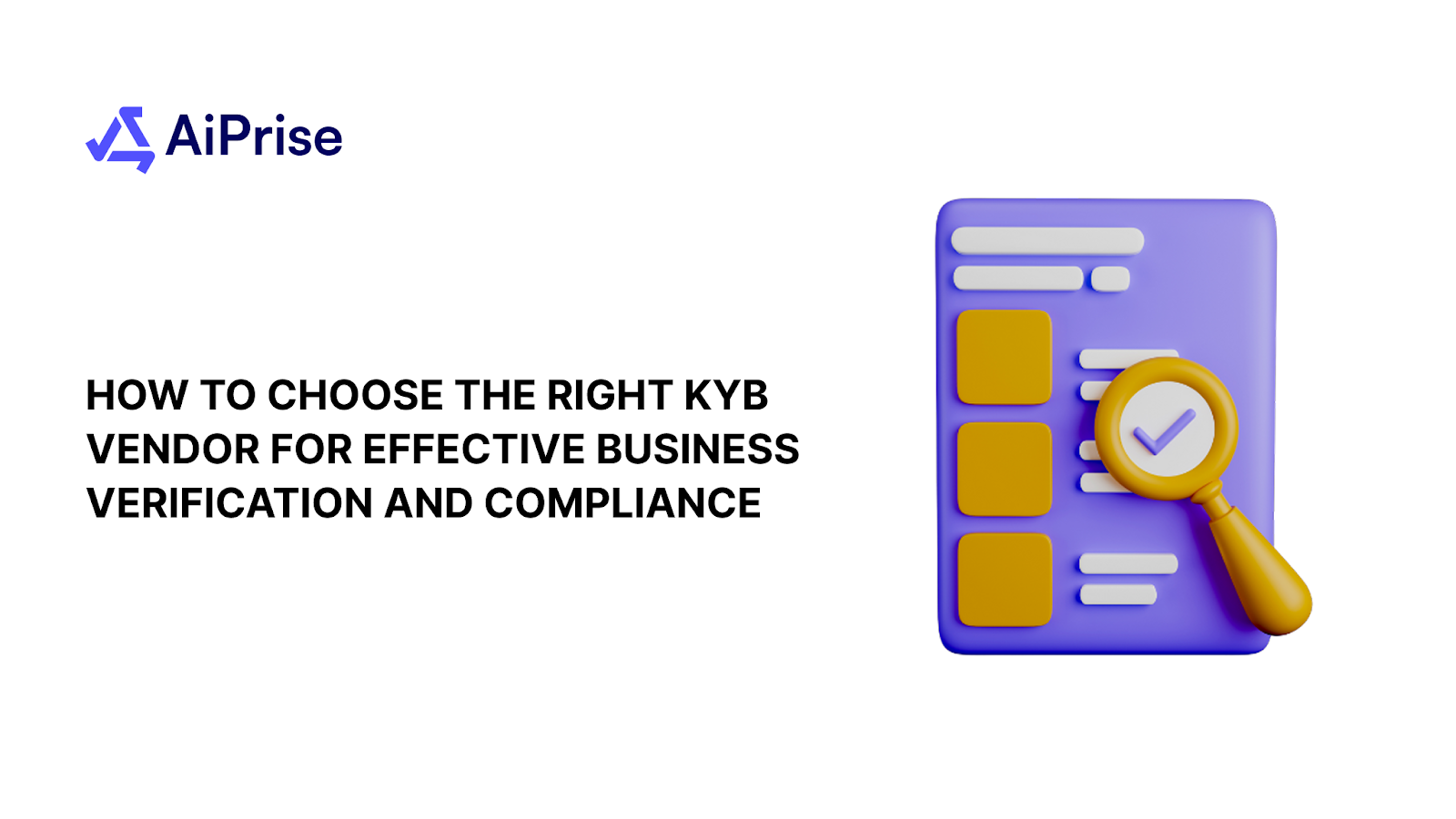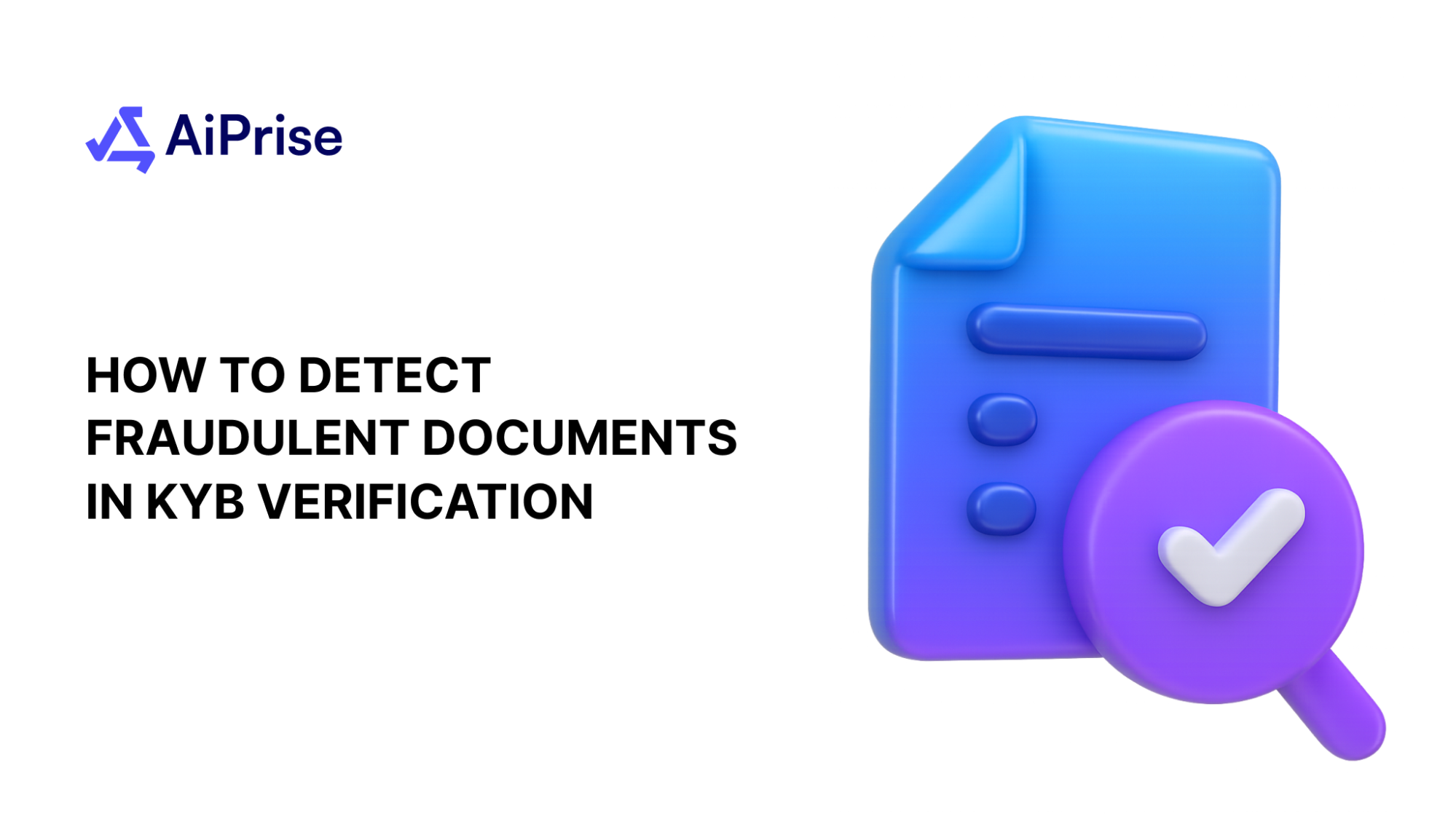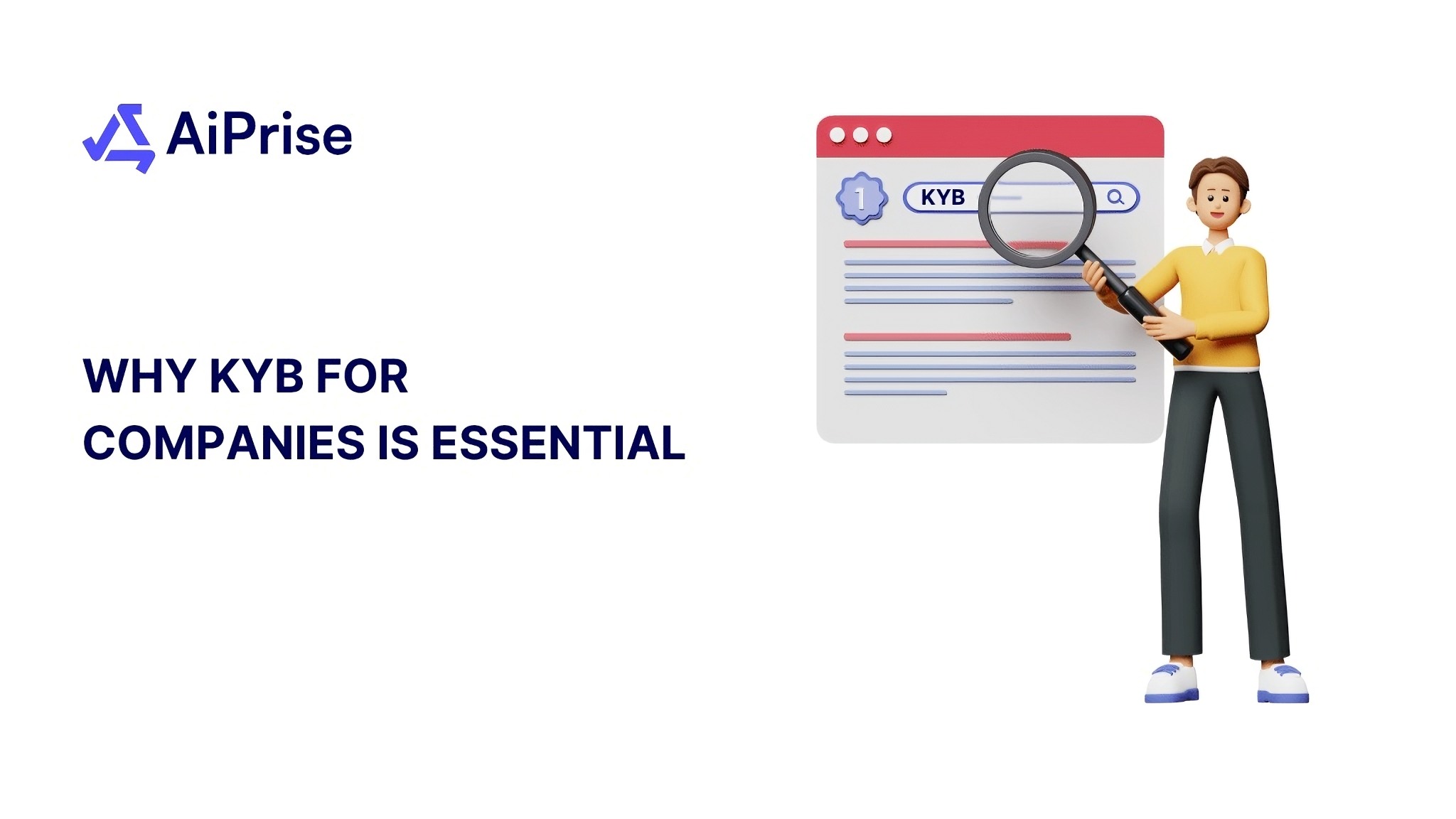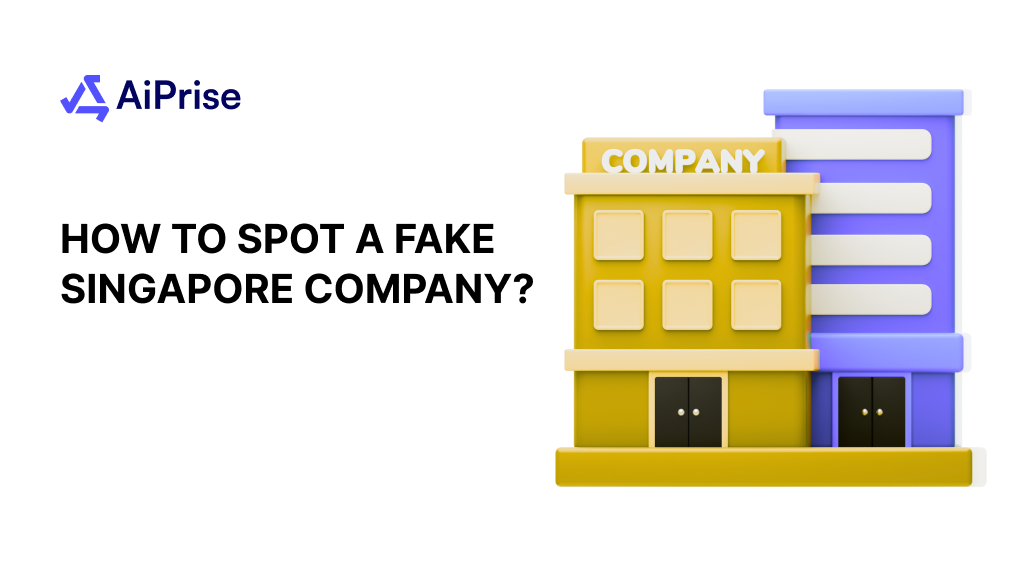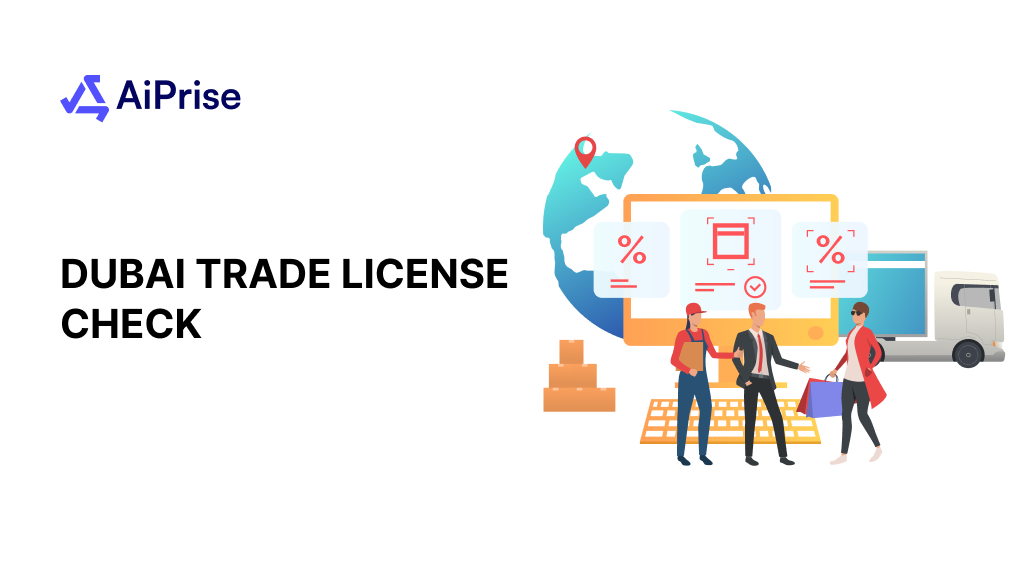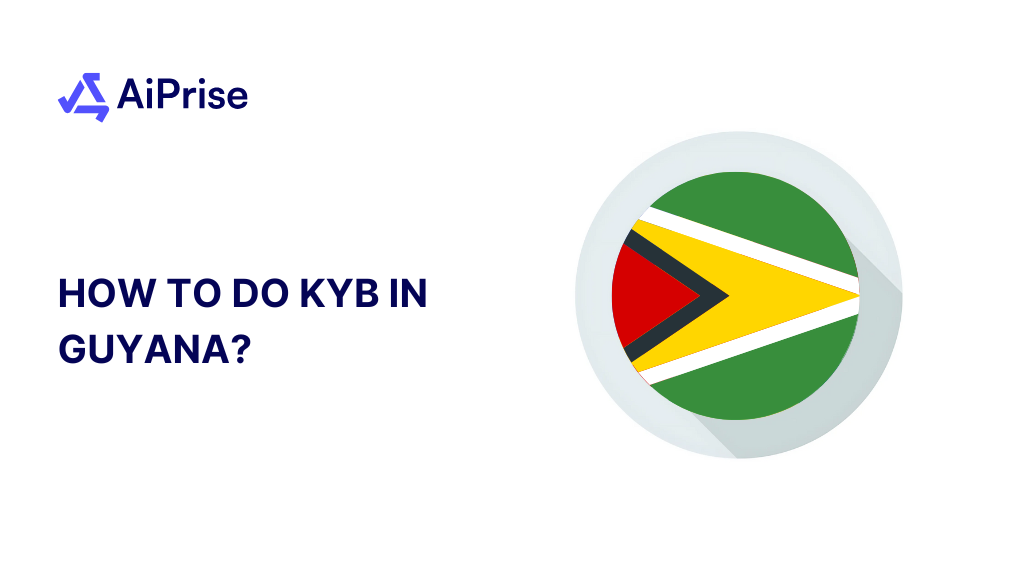AiPrise
7 min read
March 26, 2025
How to do KYB in Tonga?

Key Takeaways










In the financial world, knowing who you're doing business with is crucial to mitigating risks related to fraud, money laundering, and terrorist financing. This is where Know Your Business (KYB) processes come into play.
For institutions operating in or with Tonga, performing KYB requires an understanding of local regulations and operational realities. This blog provides a practical overview of how to carry out KYB in Tonga, ensuring businesses comply with local and international standards.
What is KYB and Why It Matters
KYB is a process that verifies a business's identity, ownership, and operational legitimacy. It is an essential component of global Anti-Money Laundering (AML) and Counter-Terrorism Financing (CFT) efforts. The main objectives of KYB include:
- Preventing Fraud: Identifying shell companies or fraudulent entities.
- Ensuring Compliance: Adhering to AML and CFT regulations.
- Mitigating Risks: Reducing exposure to financial and reputational risks.
In Tonga, like in many other jurisdictions, conducting thorough KYB is vital for establishing trust, preventing illicit activities, and ensuring compliance with international regulatory standards, such as those set by the Financial Action Task Force (FATF).
Now that we’ve covered the key reasons for implementing KYB, let’s look at the regulations that shape its application in Tonga.
Tonga's Regulatory Environment for KYB
To effectively implement KYB in Tonga, it's essential to understand the regulatory framework. Tonga’s AML and CFT regulations are largely shaped by international recommendations and local laws. Key elements of the regulatory landscape include:
- Reserve Bank of Tonga (RBT): This body oversees financial institutions and enforces compliance with AML and CFT laws in Tonga.
- Money Laundering and Proceeds of Crime Act: This act provides the legal foundation for anti-money laundering measures.
- Companies Act: This act governs the registration and operation of businesses in Tonga.
While Tonga's regulations are evolving, the country has made significant progress toward aligning with FATF standards. However, there are still gaps, particularly regarding digital infrastructure and the transparency of business ownership.
Now that we know the regulatory landscape, we can move on to the actionable steps that will guide businesses through the KYB process.
Steps to Perform KYB in Tonga
Implementing a KYB process in Tonga requires a systematic approach to gathering, verifying, and monitoring business data. Here's a step-by-step guide on how to carry out KYB effectively:
Gathering Business Information
The first step in the KYB process is collecting key information about the business. This includes:
- Business Registration Details: Verify the company’s name, registration number, and business type. This information can now be obtained through the upgraded online business registry system provided by the Ministry of Trade and Economic Development (MTED). The new online registry allows users to easily search for active and inactive entities, providing details such as entity names, registration numbers, and shareholder information.
- Legal Documents: Collect essential legal documents such as the certificate of incorporation, tax identification numbers, and operating licenses. These documents verify the business’s legal status and operational legitimacy.
- Ownership Structure: Identify shareholders, directors, and partners. In Tonga, many businesses have complex ownership structures due to the family-based nature of business operations. Understanding these structures is key to identifying ultimate beneficial owners (UBOs).
Verify Legitimacy: Cross-Checking Against Official Records
Once business information is collected, it needs to be verified. This can involve:
- Cross-Checking Registries: Use the Tongan government’s online portal or submit manual requests to verify the information. Due to the limited digital infrastructure, businesses may need to rely on in-person visits or third-party tools to verify records.
- Physical Verification: Physical verification may be necessary for high-risk businesses, especially those located in remote areas. This could involve site visits or interviews with business owners or key personnel to confirm the business's existence and operations.
- Third-Party Verification Tools: Platforms like AiPrise can help automate the verification process, cross-checking business details against multiple international databases.
Identify Ultimate Beneficial Owners (UBOs)
One of the critical steps in the KYB process is identifying the UBOs of a business. UBOs are individuals who own or control more than 25% of a business. This can be a challenging task in Tonga, where businesses are often family-run, and ownership structures may be opaque. Steps to identify UBOs include:
- Tracing Ownership Chains: Go beyond the surface-level shareholders to identify the individuals who ultimately control the company.
- Public Records and Declarations: In Tonga, UBO transparency may be limited, requiring reliance on sworn affidavits or notarized declarations to confirm ownership.
- Nominee Directors: Some businesses in Tonga may use nominee directors or shareholders. It’s essential to carefully scrutinize these arrangements to ensure transparency in ownership.
Conduct Risk Assessments
Conducting a risk assessment is essential to determining the level of due diligence needed for each business. Several factors influence the risk assessment:
- Industry Risk: Certain sectors, such as cryptocurrency platforms, tourism, and remittances, are considered higher risk due to their cash-intensive nature. These sectors require additional scrutiny.
- Geographical Risk: Businesses located in jurisdictions with less robust AML and CFT frameworks may pose higher risks. This is particularly important for businesses working in smaller Pacific Island nations such as Tonga.
- Transaction Patterns: Monitor transaction flows for any signs of suspicious activity, such as unusual cross-border transactions or large cash movements.
Ongoing Monitoring: Maintaining Vigilance
KYB is not a one-time process. Ongoing monitoring is crucial to stay compliant and spot any shifts in the business's risk level. Continuous monitoring involves:
- Periodic Reviews: Regularly review the business's activities, ownership, and financial records to detect any changes.
- Watchlists and Sanction Lists: Monitor the business against global sanctions lists (e.g., UN, OFAC) and local databases to identify potential red flags.
- Trigger Events: Be alert to any significant events, such as political changes or natural disasters (e.g., the 2022 Hunga Tonga eruption), that may affect a business's operations or risk profile.
Although the steps to execute KYB are clear, businesses may face several challenges when implementing them in Tonga.
Challenges in Implementing KYB in Tonga
There are several challenges when it comes to implementing KYB in Tonga:
- Limited Digital Infrastructure: Tonga’s reliance on manual record-keeping and partially digitized business registries can make it difficult to verify business information remotely.
- Cultural Sensitivities: Family-owned businesses may hesitate to disclose detailed ownership information due to cultural norms around privacy and business practices.
- Language Barriers: Official documents may be in Tongan, requiring translation services to ensure accurate verification.
- Resource Constraints: Local authorities may not always have the resources to respond quickly to verification requests, which could slow down the KYB process.
Addressing these difficulties requires innovative solutions, and AiPrise stands out as an effective tool to ensure KYB compliance and efficiency.
How AiPrise Enhances KYB Efficiency and Compliance in Tonga
To simplify the KYB process in Tonga, using advanced technology is essential. AiPrise provides a comprehensive solution for verifying the identity and legitimacy of businesses, offering access to over 100 data sources to verify over 500 million businesses globally. With a platform that combines AI-driven decision-making with customizable onboarding flows, AiPrise ensures businesses meet compliance standards while reducing the manual effort involved in verification.
Moreover, AiPrise’s platform offers a risk-based approach to KYB, allowing financial institutions and payment providers to tailor their verification processes to each business's specific risk levels. By integrating such a solution, businesses can ensure continuous monitoring and maintain high compliance standards with minimal resource allocation. AiPrise’s ability to scale across various industries and jurisdictions, including Tonga, makes it a reliable partner for organizations aiming to mitigate fraud risks and simplify compliance processes.
Don't let gaps in your KYB process expose you to risks. Discover how AiPrise’s global verification tools can safeguard your operations.
You might want to read these...

Aiprise has helped streamline our KYB (Know Your Business) flow in 100+ countries. No other tool comes close.





Speed Up Your Compliance by 10x
Automate your compliance processes with AiPrise and focus on growing your business.


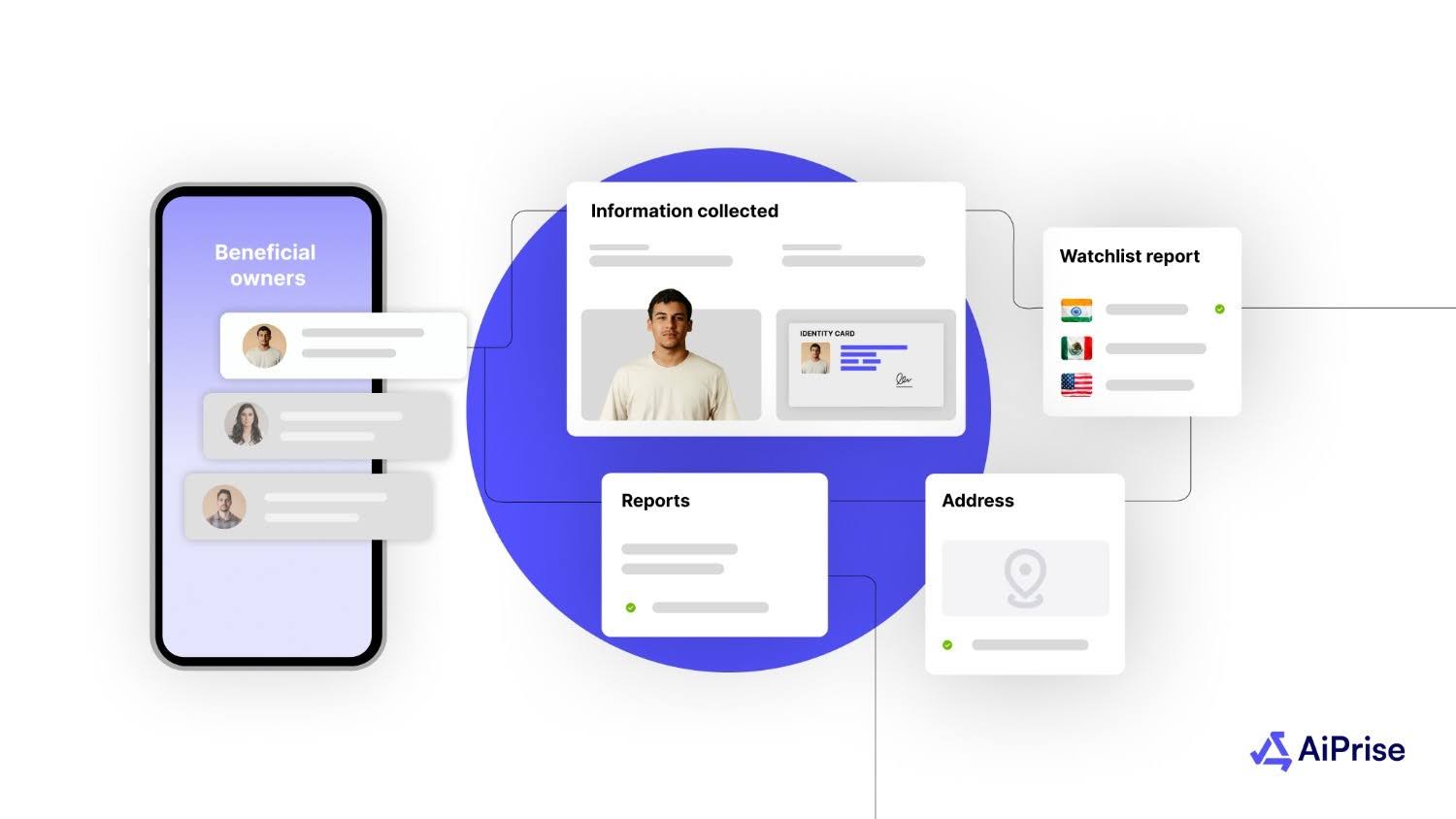

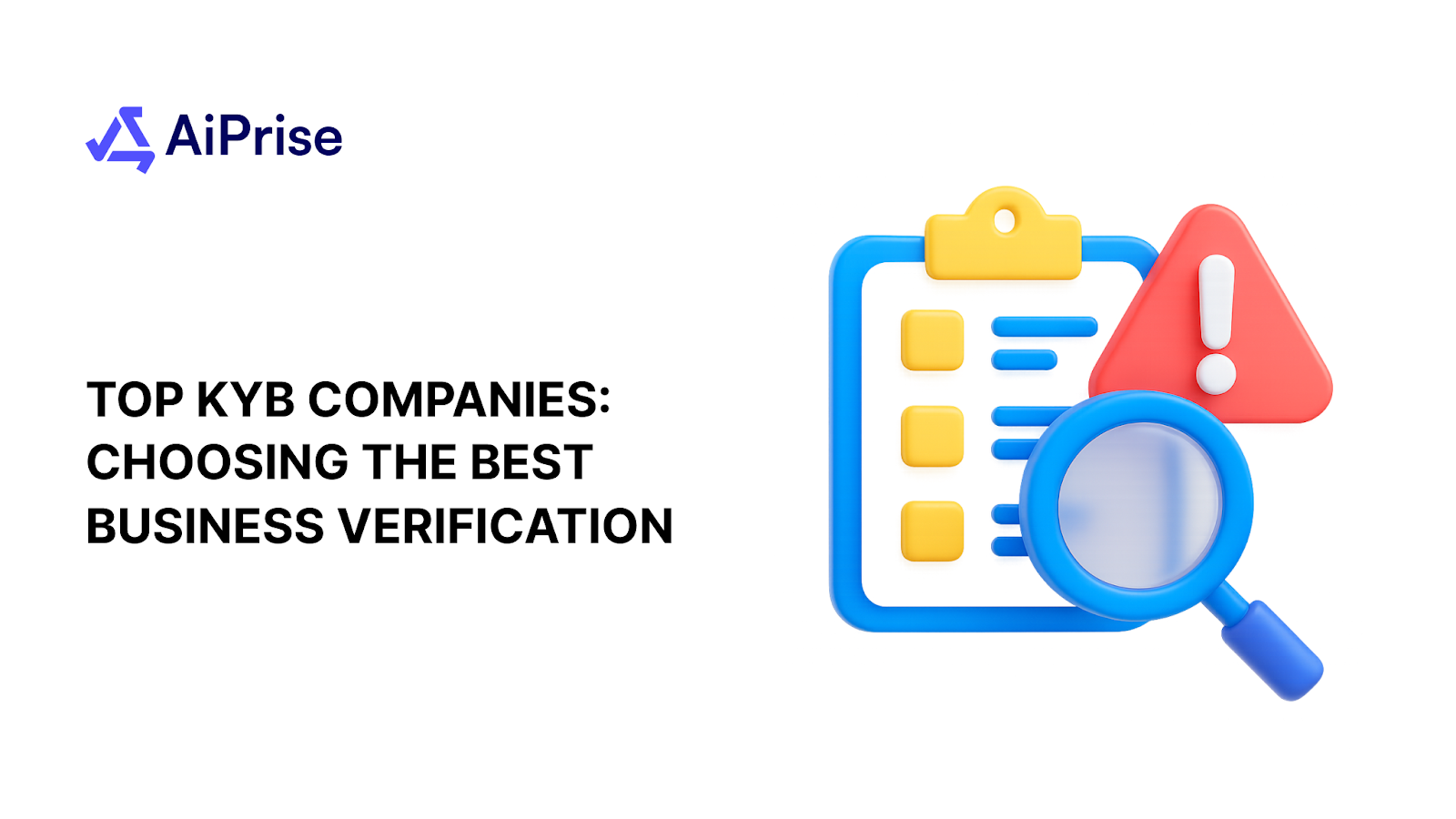
%20Can%20Improve%20Your%20Compliance%20Strategy.png)
